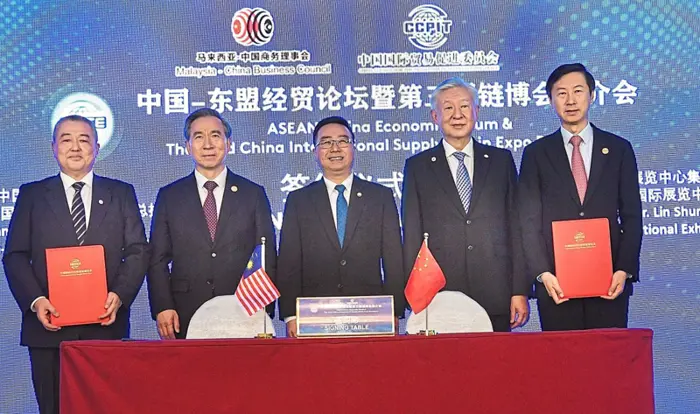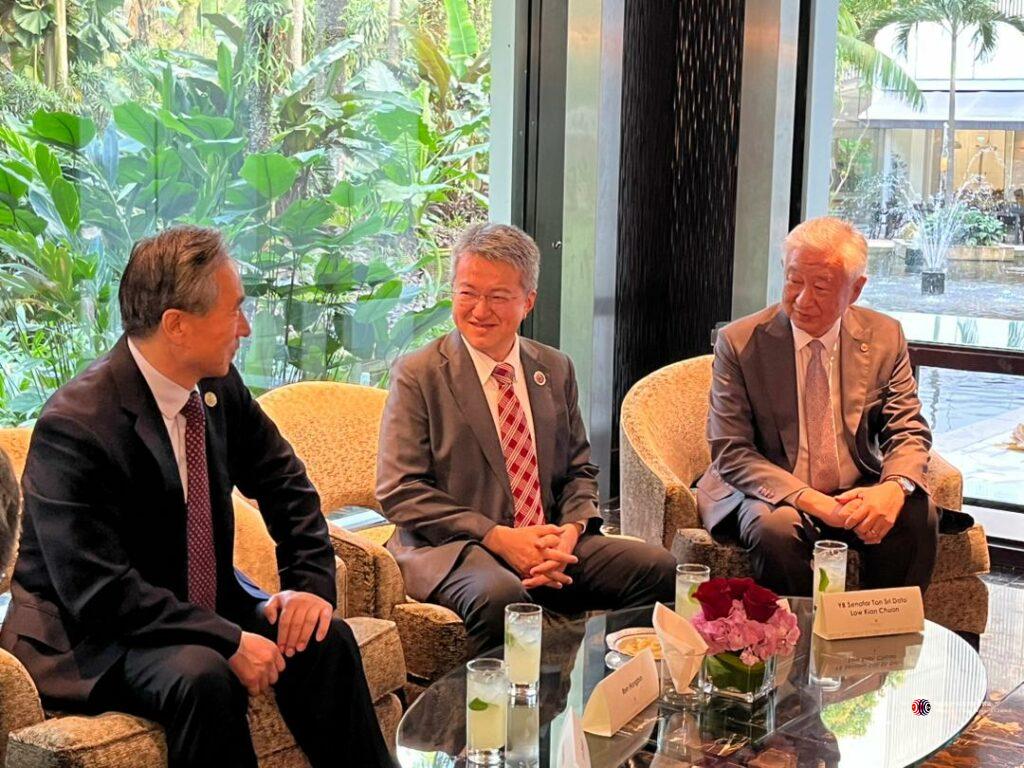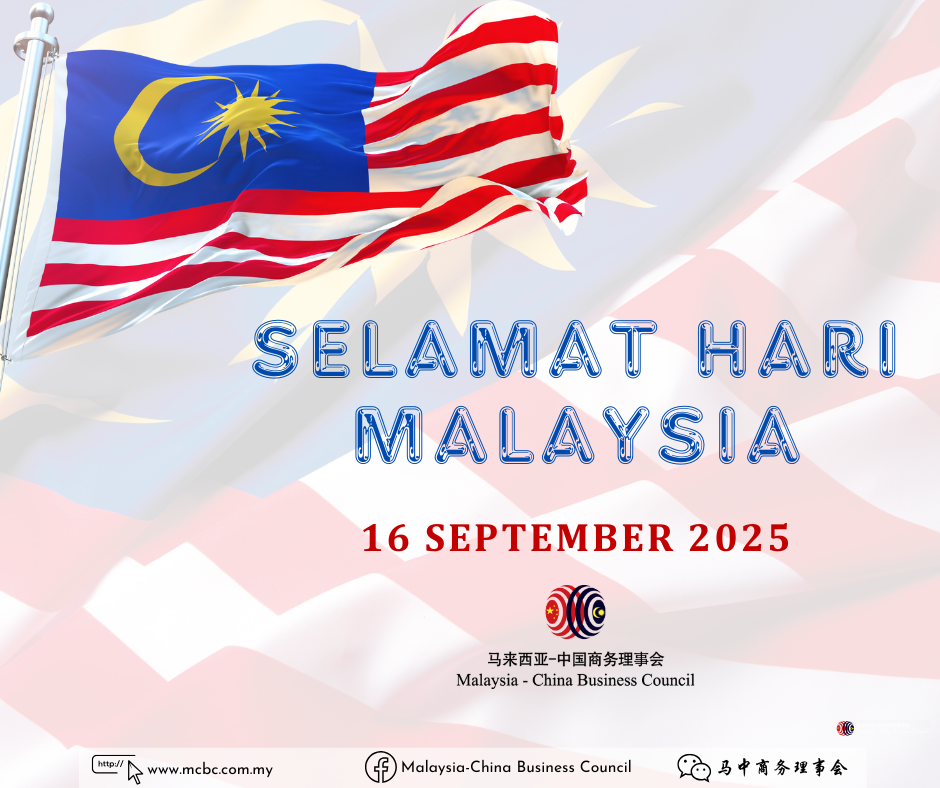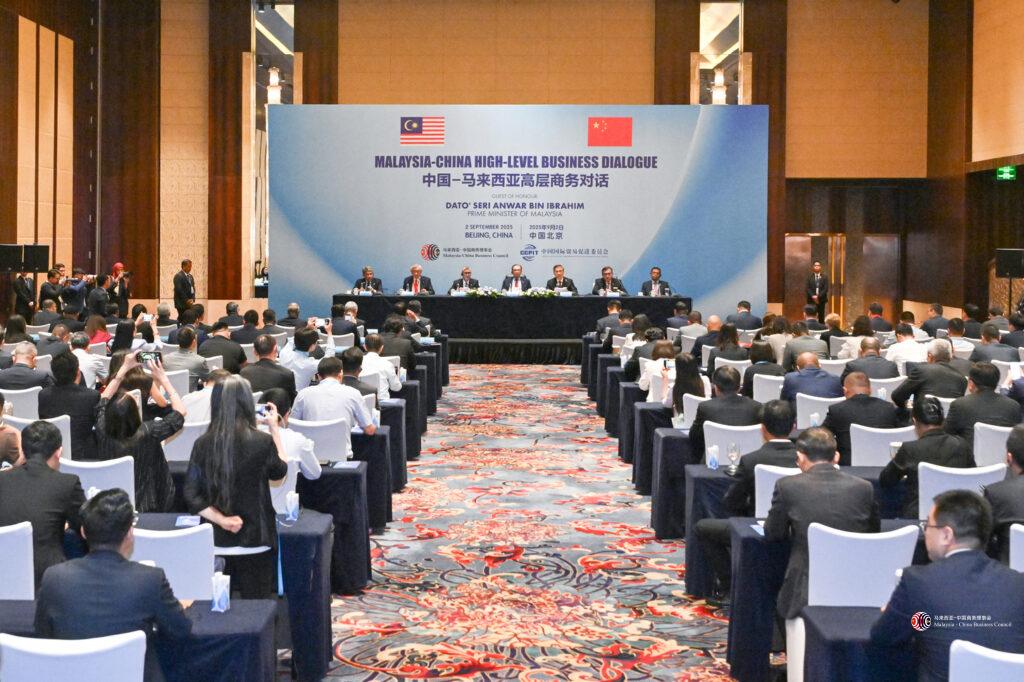
KUALA LUMPUR: Malaysia is stepping up efforts to position itself as a key player in the global innovation landscape, says Chang Lih Kang.
The Science, Technology and Innovation Minister said Malaysia climbed from 36th place to 33rd in the Global Innovation Index 2024, a sign that the country’s innovation agenda is gaining international recognition.
“This is no small feat. It shows the world that Malaysia is serious about building an innovation-driven economy,” he said.
Chang said the improvement was the result of focused government policies and strong investment in research and development, as well as growing collaboration between the public and private sectors.
“But we cannot stop here. To keep moving forward, we need strong partners. China, with its strengths in advanced manufacturing, artificial intelligence (AI), green technology and more, is undoubtedly one of them,” he said during a speech at the Asean-China Economic Forum and the Third China International Supply Chain Expo Roadshow here yesterday.
He said Malaysia’s central position in Asean, combined with its skilled, multilingual workforce and business-friendly policies, makes it a natural partner for global companies looking to expand in the region.
“China brings scale and advanced technology. Malaysia brings agility and connectivity. Together, we can build not just strong supply chains, but smart and sustainable ones,” he said.
Chang added the ministry is ensuring that science and technology become the backbone of Malaysia’s future economy.
This plan includes major investments in areas such as hydrogen, robotics, AI and semiconductors.
He pointed to national efforts like the Hydrogen Economy and Technology Roadmap and the soon-to-be-launched National Semiconductor Strategy, both of which create space for deeper engagement with China and Asean.
“These efforts align with the Malaysia Madani vision – to build a sustainable, innovative and resilient nation,” Chang said.
Malaysia-China Business Council (MCBC) chairman Tan Sri Low Kian Chuan said the recent upgrade of the Asean-China Free Trade Agreement (ACFTA 3.0), which includes new chapters on digital and green economies, supply chain connectivity and small and medium enterprises (SME) cooperation, has further strengthened regional ties.
Asean and China, he said, are now each other’s largest trading partners, with strong growth in trade and investment.
China has been Asean’s top trading partner for 16 years straight since 2009, and Asean has also become China’s largest trading partner for the last five years since 2020, he added.
“Countries like Malaysia, Indonesia, Thailand and Vietnam are emerging as competitive production hubs, navigating geopolitical shifts while deepening economic ties with China,” he added.
The MCBC and the China Council for the Promotion of International Trade (CCPIT) jointly hosted the forum and roadshow.
It aims to strengthen Asean-China economic ties, promote resilient and sustainable supply chains, and showcase collaboration opportunities in key sectors such as advanced manufacturing, green agriculture, the digital economy, smart infrastructure and healthcare.
The event is aligned with the forthcoming Third China International Supply Chain Expo, scheduled to take place in China from 16 to 20 July.
Low said the forum and roadshow offer not just opportunities for large firms but also open doors for SMEs to integrate into China’s vast supply chain network.
“This platform promotes greater inclusivity, resilience and sustainable growth,” he said.
He also noted that as Asean Chair this year, Malaysia is well-placed to drive regional supply chain integration in sectors like semiconductors, renewable energy, electric vehicles and digital technology.
“Our strategic location and capabilities make Malaysia an ideal hub. With the National Energy Transition Roadmap offering RM637bil in opportunities by 2050 and China’s strengths in solar and hydropower, we see strong potential for collaboration,” Low said.
Also present were the Prime Minister’s political secretary Chan Ming Kai, MCBC director and chief executive officer Datuk Tan Tian Meng, CCPIT president Ren Hongbin and China International Exhibition Center Group chairman Lin Shunjie.



